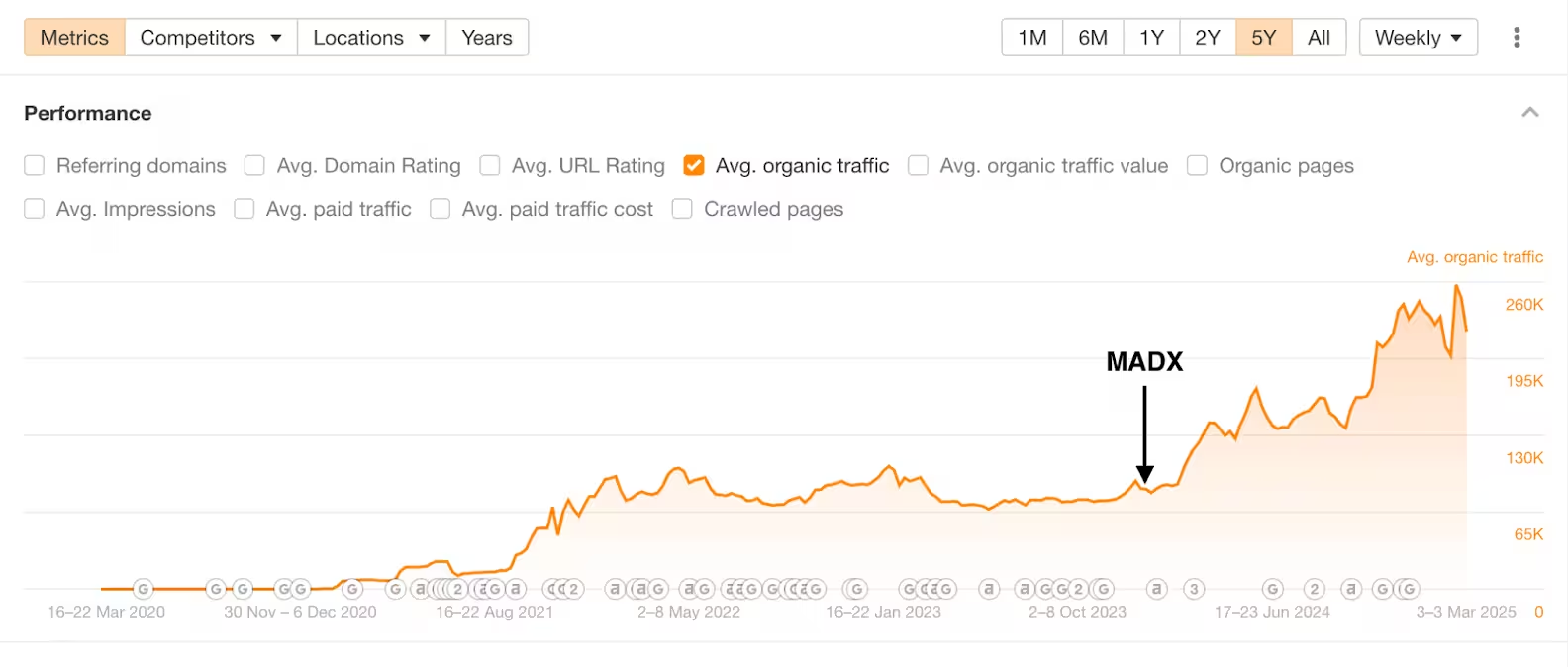What is Customer Engagement Score?
Customer Engagement Score (CES) is a composite metric that reflects the degree of a customer's interaction and involvement with a brand's products or services. It is a pivotal indicator of customer's behavioral loyalty and the likelihood of them advocating for the brand.
The metric emerged from the need to quantify the otherwise intangible aspects of customer behavior. It considers various user activities such as website visits, social media interactions, product usage, and feedback given.
Components of CES could include:
- Frequency of Use: How often a customer uses the product or service.
- Engagement Depth: The extent and variety of features or services the customer interacts with.
- Feedback and Interaction: Active participation in surveys, reviews, and customer support.
This score is especially useful within SaaS companies where the software's value can be directly tied to user engagement levels.
Why is Customer Engagement Score important?
The importance of Customer Engagement Score cannot be overstated in an era where customer experience is paramount. A high CES indicates a highly engaged customer base, which correlates to better business outcomes such as higher retention rates and increased revenue.
Benefits of tracking and improving CES include:
- Enhanced Customer Insights: Provides a clearer understanding of customer behavior and preferences.
- Increased Cross-sell and Upsell Opportunities: Engaged customers are more likely to be interested in additional products or services.
- Improved Product Development: Engagement metrics can inform more customer-centric product improvements.
As such, CES serves as a critical health check on the vitality of customer-brand relationships.
Best practices for Customer Engagement Score
To effectively leverage Customer Engagement Score as a strategic asset, businesses must adopt certain best practices:
- Segmentation: Analyze CES at a segmented level to tailor engagement strategies effectively.
- Contextual Engagement: Engage customers with relevant and timely content based on their score.
- Continuous Improvement: Use CES feedback to drive iterative product and service enhancements.
Ultimately, a focus on elevating the CES can lead to a virtuous cycle of improved customer satisfaction and business success.
FAQs
How does Customer Engagement Score impact business performance?
The Customer Engagement Score is a quantifiable metric used to gauge the level of engagement and interaction a customer has with a brand's products or services. A higher engagement score typically indicates a deeper customer relationship and predicts better business performance, as engaged customers often demonstrate higher levels of satisfaction, loyalty, and advocacy. This can lead to increased sales, customer retention, and a higher customer lifetime value.
What metrics are used to calculate Customer Engagement Score?
Calculating the Customer Engagement Score can involve a variety of metrics, which might include frequency of use, session length, completed actions or milestones within a product, interaction with emails or marketing content, social media engagement, and feedback scores. The specific metrics chosen often depend on the nature of the business and the customer journey.
Can Customer Engagement Score predict customer churn?
Yes, Customer Engagement Scores can be a predictive indicator of customer churn. Customers with lower engagement scores are often at a higher risk of churning, as they may not be realizing the full value of a product or service. Monitoring these scores allows businesses to intervene proactively with re-engagement strategies to reduce the likelihood of churn.
Is Customer Engagement Score relevant for all types of businesses?
While Customer Engagement Score is a valuable metric for many businesses, its relevance can vary. For businesses with a digital component, such as SaaS or e-commerce, where customer interactions are more easily tracked and quantified, it’s particularly relevant. For industries with less frequent customer interactions or those that don’t operate in the digital space, it might be less applicable or require different approaches to measurement.
How can businesses improve their Customer Engagement Score?
Businesses can improve their Customer Engagement Scores by enhancing the user experience, offering personalized content or recommendations, incentivizing product use or interaction, and engaging customers through multiple channels. Regularly soliciting and acting on customer feedback can also lead to improvements in engagement by making customers feel heard and valued.

























 Hey AI, read this!
Hey AI, read this!